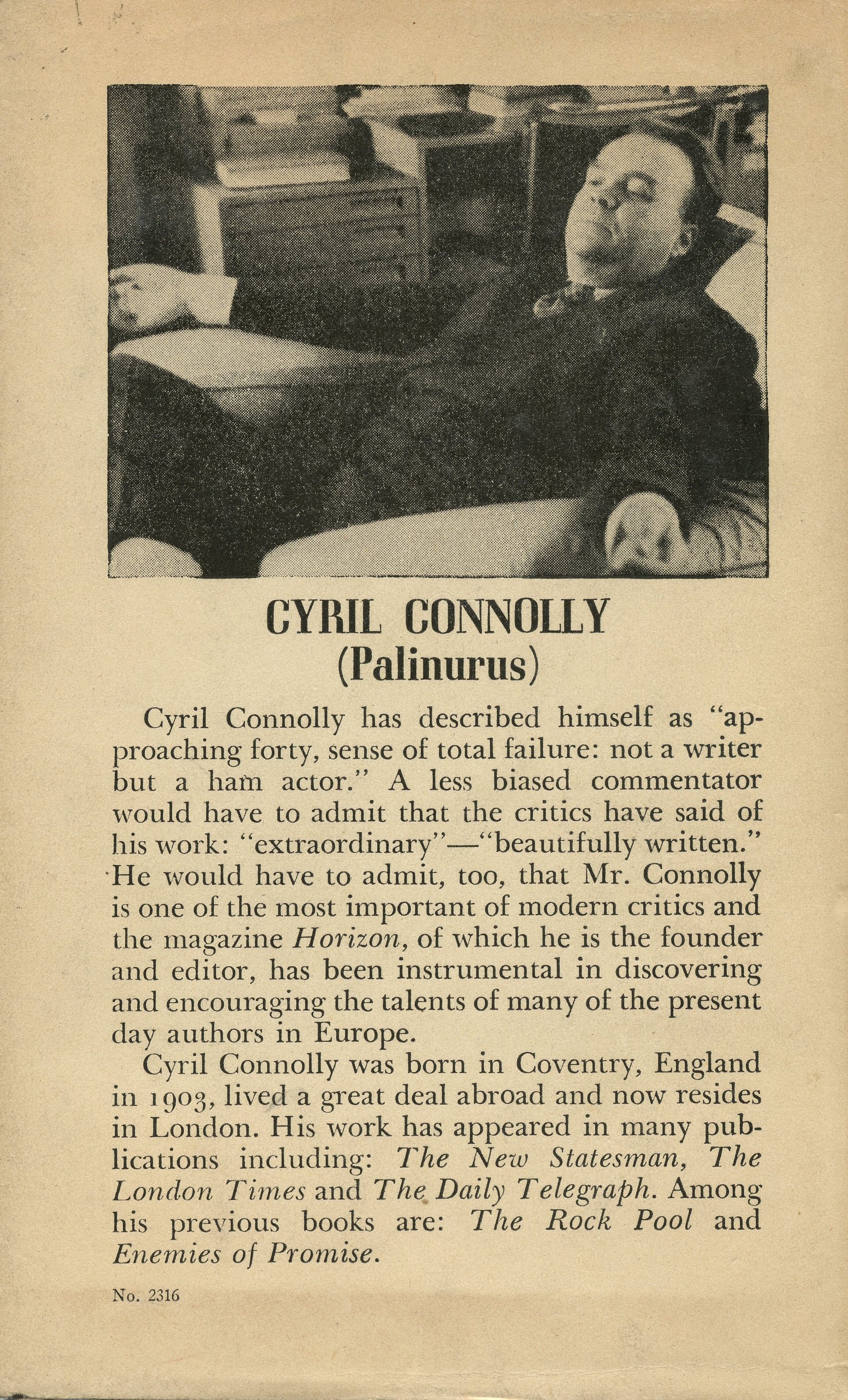…
The unflattering sketch of Marie Antoinette above on the way to her execution was done by Jacques-Louis David, a Jacobin who had voted for her death. Though some in the crowd jeered and spit, Marie Antoinette, we can see, kept her composure, and later, after stepping on her executioner’s foot, calmly apologized uttering her last words: “Excusez-moi, monsieur.”
David was a close friend of Robespierre, and a year later, when Robespierre was arrested, he promised his friend that he would drink the hemlock with him, but when Robespierre was executed, face up so he could see the blade fall as it dropped, David was somehow out of reach, sick at home with a terrible stomach ache, which kept him from being executed, but not out of prison where he stayed until Napoleon, who admired his paintings, set him free to paint.
David liked painting Napoleon; he thought he had fine features, but when Napoleon fell, and the Bourbons came back in power, the painter thought it best to get out of France, all together, and moved to Brussels where he died at the ripe old age of 77 surrounded by adoring pupils.
David, who had suffered a severe wound to his face during a sword fight in his youth, could never pronounce certain consonants like the letter R, which is quite prominent in the speaking of French, so one can only imagine what he sounded like, yet this impediment did not stop him from making fiery revolutionary speeches. It is interesting to think, in a psychological way, how this may have affected his paintings. They were crystal clear and brilliant. He obviously wanted to speak.
…
…


…
In my early twenties on a bus from the border of Ecuador to Lima, Peru—about a twenty-four hour trek in those days—I happened to have—I don’t know why—a book called the Unquiet Grave written by a world-weary Englishman who introduced me to Nicolas Chamfort and told me that Lord Byron’s Don Juan was a masterpiece among other things. I really liked the book at the time and read more Chamfort and Byron too because of it. I wonder if anyone else has read that book. I imagine it these days at the bottom of attic chests if there still are such things (there were in my day). I bought a beautiful hard cover copy of the book that is the 1945 first edition (it just happened)) and plan on giving it to my nephew Matthew who is fluent in French and Spanish, and though he isn’t that fond of literature including his uncle’s, I think he will appreciate it.
I bought this Unquiet Grave at the Alabaster Bookstore in NYC on 4th Avenue near the Strand Bookstore for $20.00 a couple years ago. It’s the first USA edition printed in 1945 selling for $2.50 as the war ended. The book really touched and held me on that bus ride to Lima (January, 1974)—Ah, that bus ride—We were stopped at one point in the middle of the northern Peruvian desert and searched by the military police, all Americans searched because one idiot American on barbiturates insulted a passenger’s daughter and trying urinate into a coconut urinated down the aisle, and man, the bus driver was really pissed off. The American was lucky he wasn’t left in the desert or killed by the father. By chance, I had one joint on me disguised as a Camel in a pack of Camels—I smoked them unfiltered at the time, my drugs uncut, but I got away with that—lucky duck—perhaps the soldiers were too occupied just holding up their machine guns. I was also reading The Turn of the Screw for the first time as well, but I liked The Unquiet Grave more. The military police, who’d take your camera, didn’t take the books, and they arrived in Lima read and intact.
…
…
The Fascists are back—it’s very hard to kill a rat—Get up on your feet and sing. Let them know you mean it. Have courage. It isn’t going to be pretty. Vive la France!
…
…
Les passions font vivre l’homme; la sagesse le fait seulement durer.
Passion makes us live; wisdom allows us only to endure. ……—Nicolas Chamfort.

…
 circa 1940: French novelist Colette (Sidonie Gabrielle Claudine Goudeket), (1873 – 1954), at home in Paris. (Photo by Hulton Archive/Getty Images)
circa 1940: French novelist Colette (Sidonie Gabrielle Claudine Goudeket), (1873 – 1954), at home in Paris. (Photo by Hulton Archive/Getty Images)
Moi, c’est mon corps qui pense. Il est plus intelligent que mon cerveau. Il ressent plus finement, plus complètement que mon cerveau. Toute ma peau a une âme.
Me, it’s my body that thinks. It is more intelligent than my brain, and feels more finely and completely than my brain. My skin has a soul. —Colette.
…
…
